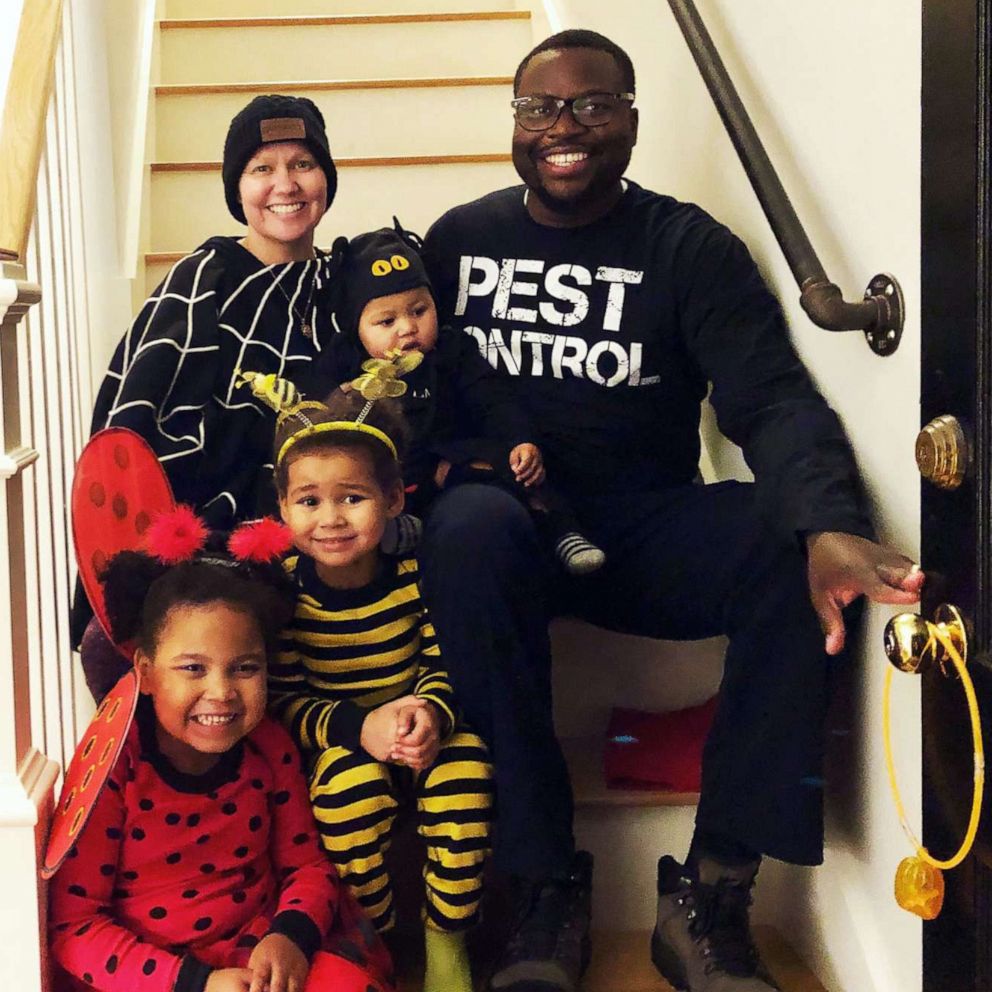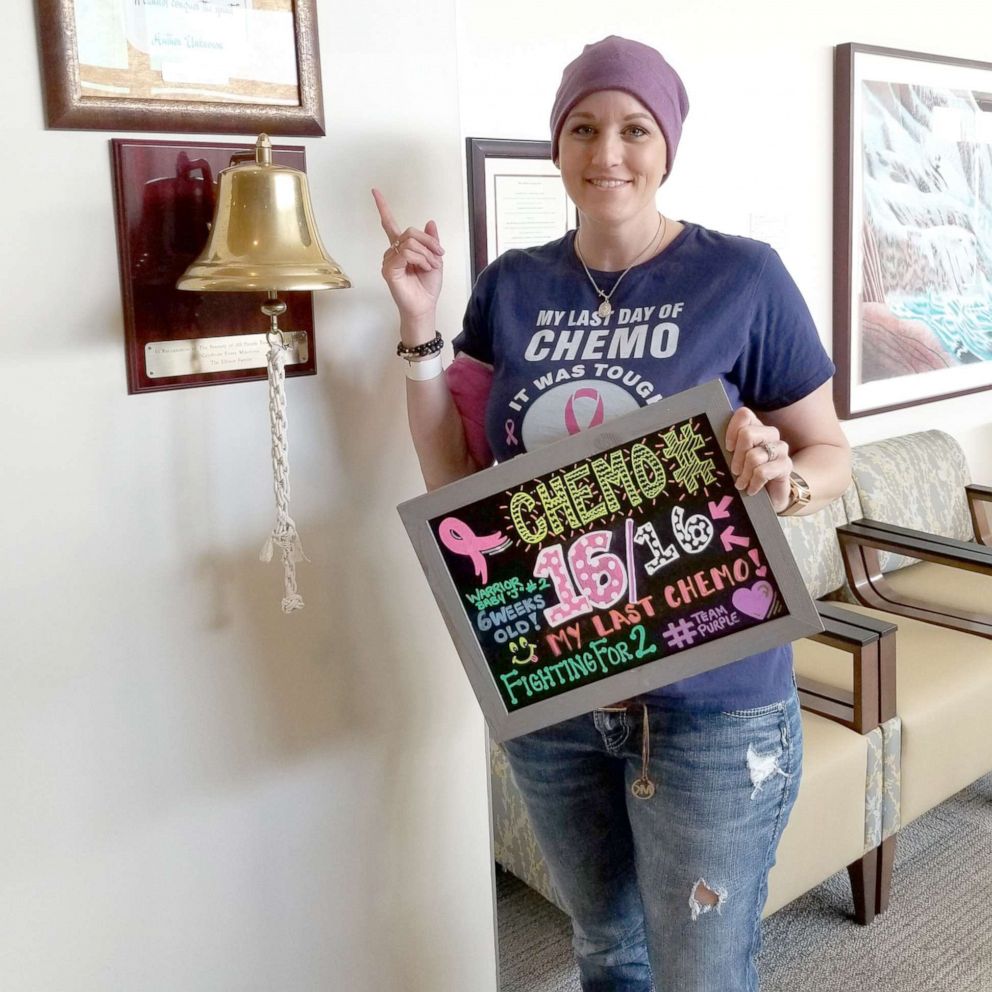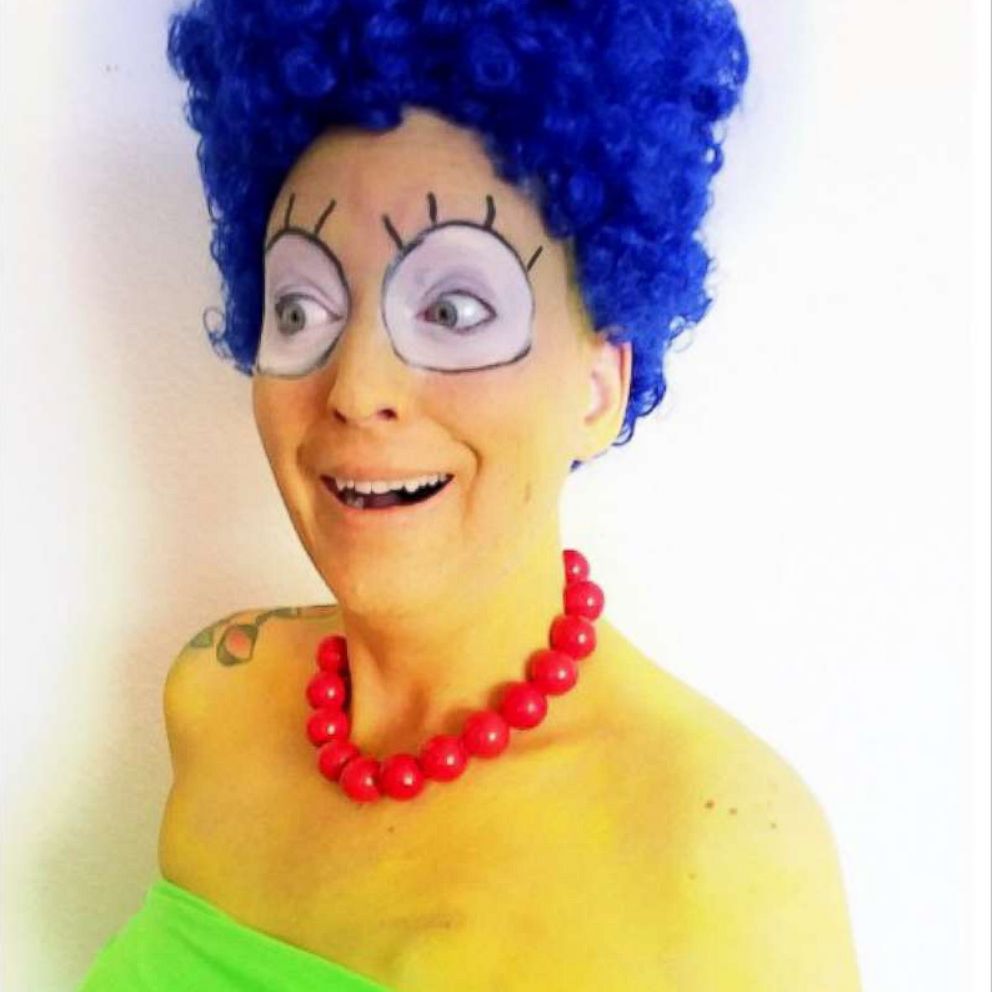Mom diagnosed with stage 4 cancer after pregnancy shares message for women: 'You know your body best'
Charlotte Ngarukiye, a mom of three, is spending the last period of her life doing all she can to make sure no other woman has to go through her same experience.
Ngarukiye, 34, was diagnosed with stage 4 metastatic colorectal cancer in December 2018, just 17 days after she gave birth to her third child, a son named Maxwell.
"I knew right away in my third pregnancy that something was really off," Ngarukiye, also the mom of two daughters, ages 4 and 5, told "Good Morning America." "I kept feeling more and more pain, a pain I had never experienced with my other pregnancies."
Ngarukiye said she spoke to her OBGYN about her pain and even went to other specialists, all of whom she said told her to "wait until after the baby was born."
"I think they didn't think I was serious about the pain that I was in and I think everything was just masked by the pregnancy," she said. "They'd just attribute [symptoms] like bleeding to my pregnancy."
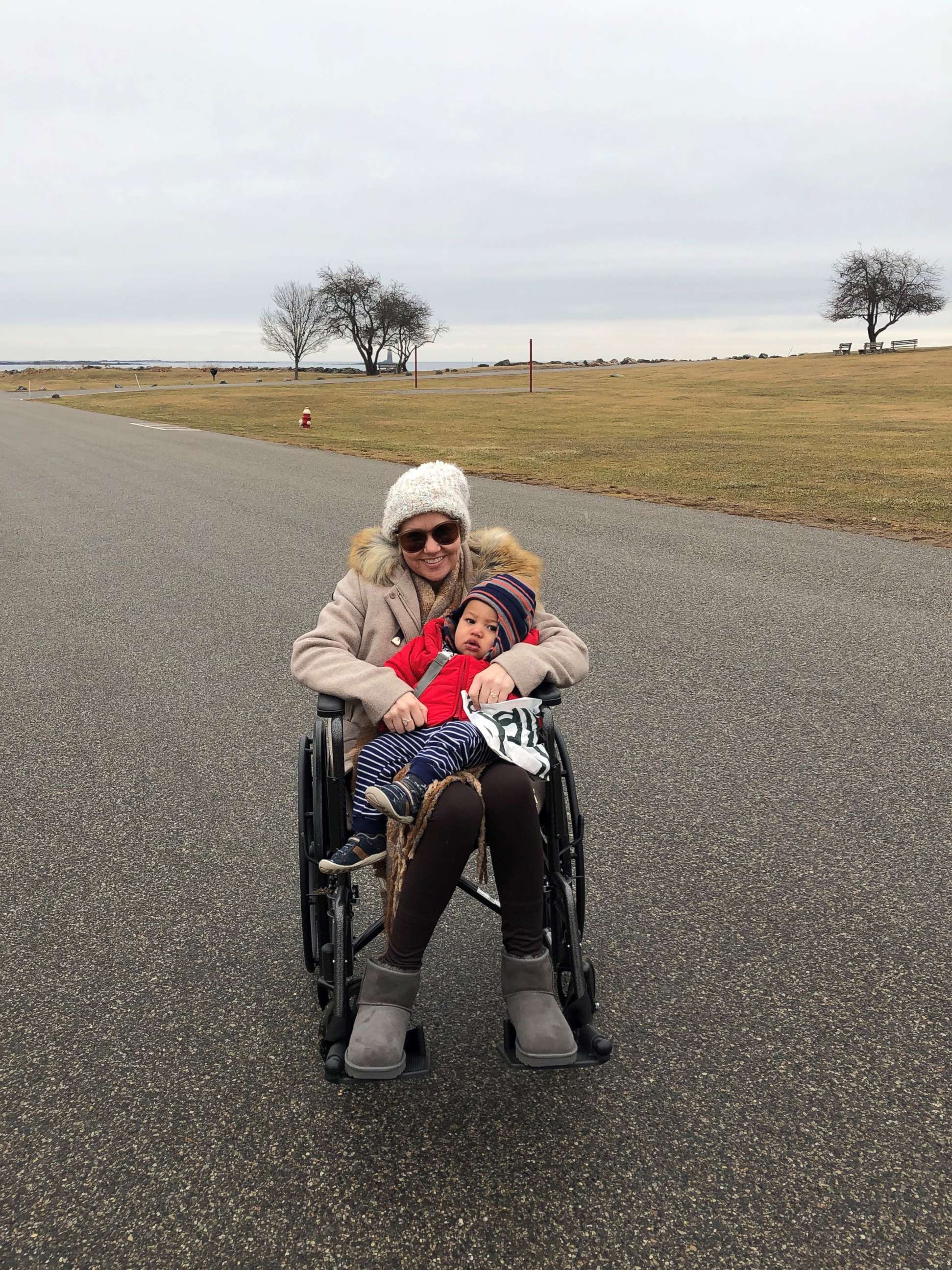
When the symptoms did not stop once she gave birth, Ngarukiye saw a gastroenterologist who diagnosed her with colorectal cancer. Additional testing found that the cancer had spread to Ngarukiye's liver and lungs.
"I remember feeling some sort of relief that I knew what was wrong, even though that sounds crazy," she said. "I was in so much pain at that point that all I could hope was there would be a solution now for the pain."
Though Ngarukiye had an instinct that something was wrong, she said she never expected to be diagnosed with colorectal cancer, a disease she thought of as one that people get when they're in their 50s or older.
She has since learned that colorectal cancer, which starts in the colon or rectum, is on the rise among young people.
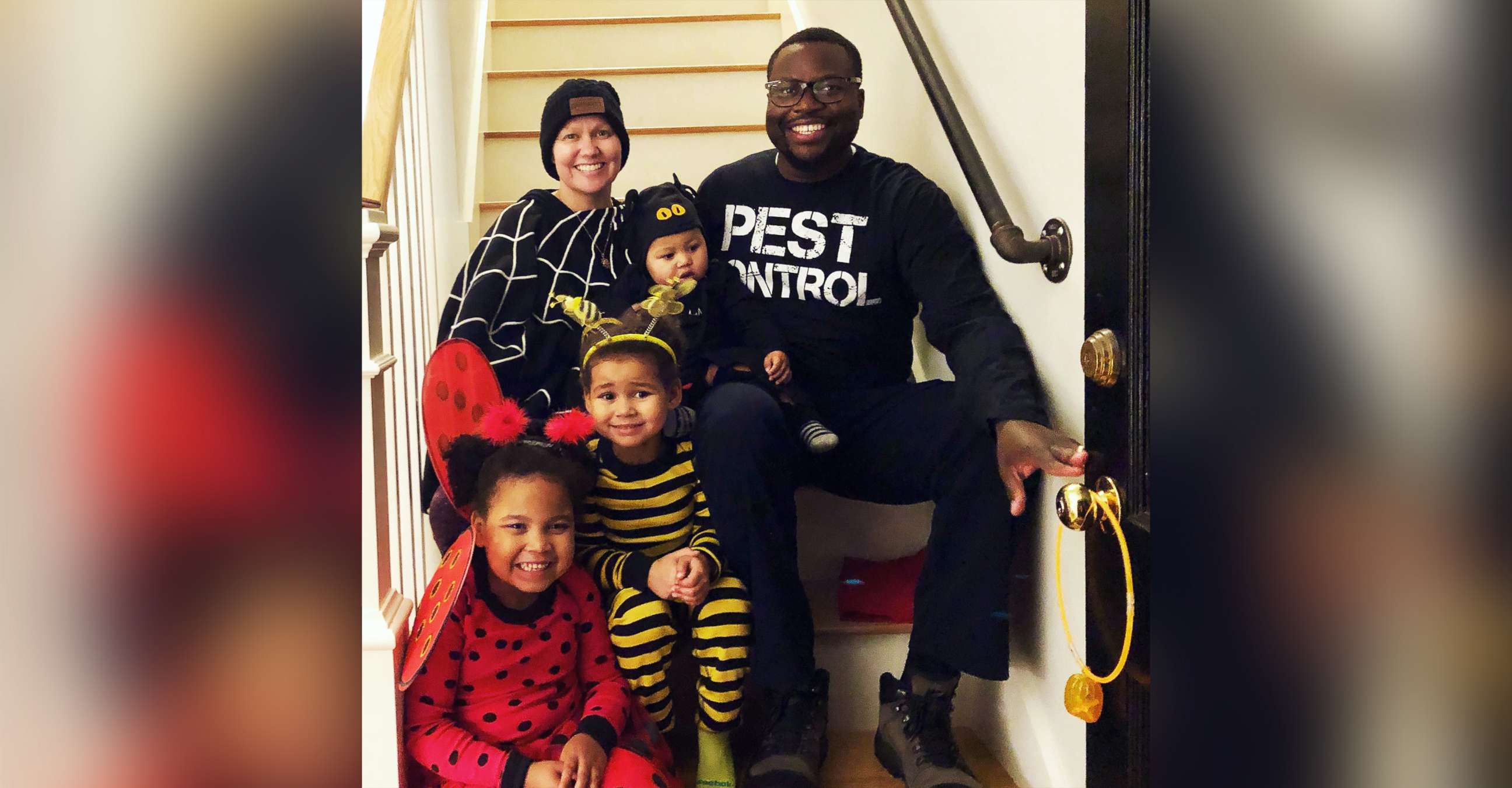
In the U.S., the proportion of patients diagnosed with colorectal cancer under the age of 50 rose from 10% in 2004 to 12.2% in 2015, according to the National Cancer Data Base.
And even more critically, 71% of young people (those under age 50) with colorectal cancer are diagnosed at advanced stages of the disease, stages three or four, according data shared by the Colorectal Cancer Alliance, a Washington, D.C.-based non-profit organization.
In 2018, the American Cancer Society lowered its recommended age to 45 for colorectal cancer screenings for average-risk adults.
"Now if you're born in 1990 you're twice as likely to be diagnosed with this disease as if you were born in 1950, yet you're more likely to be diagnosed with advanced disease compared to an older adult who is diagnosed," said Dr. Nadine Jackson McCleary, Ngarukiye's oncologist at the Dana Farber Cancer Institute in Boston. "There's something about this cancer that is driving that surge and also driving the aggression that we're seeing at presentation."
In Ngarukiye's case, her stage 4 diagnosis meant the progression of the disease was too far along for doctors to operate.
Over the past two years, she has endured nearly 30 rounds of chemotherapy, taken part in two clinical trials and undergone radiation in hopes of shrinking her tumors. She made a decision earlier this year to stop treatment as her tumors have continued to grow.
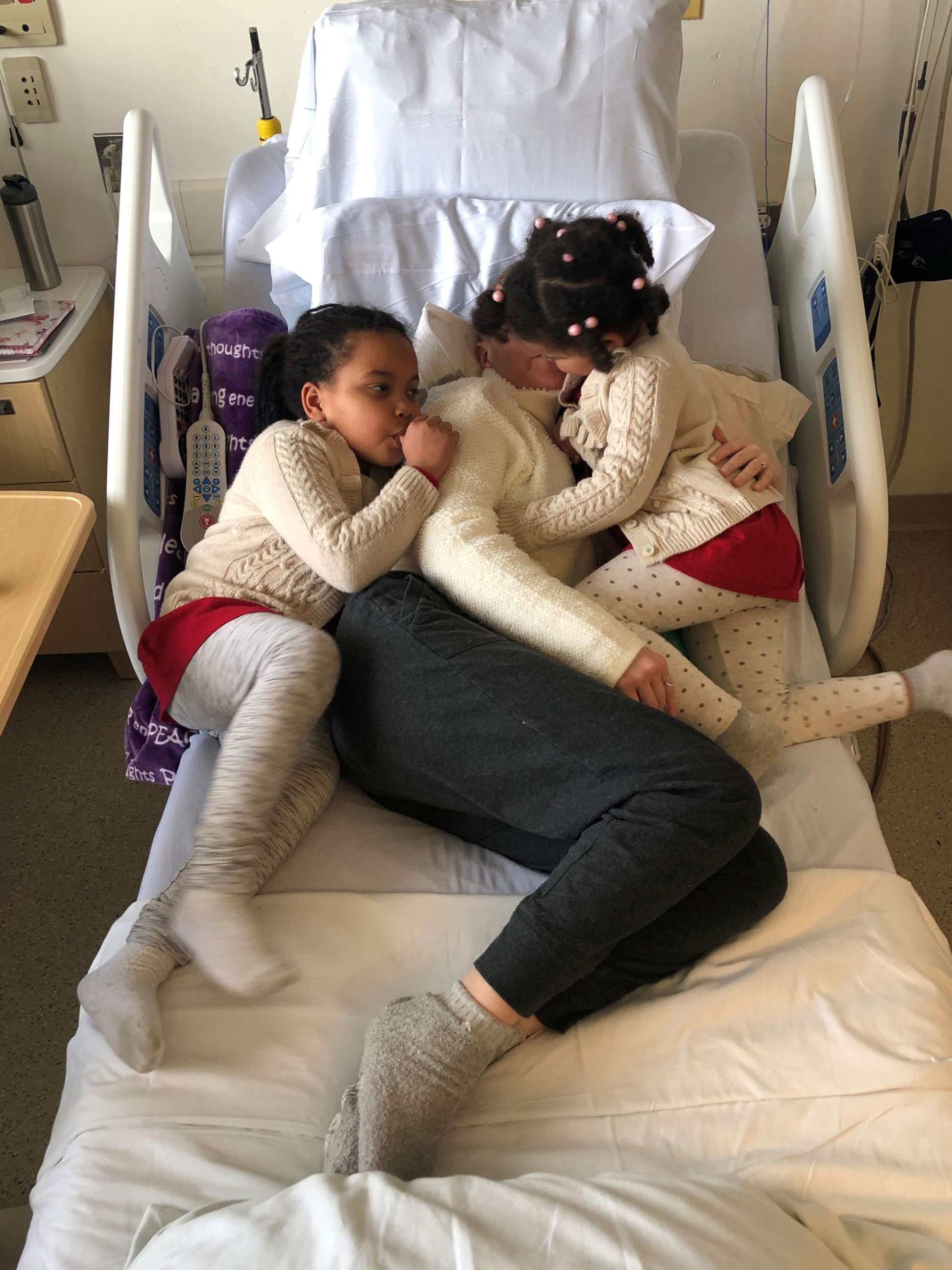
Ngarukiye said she has chosen to spend time with her family at home rather than in a hospital, saying, "I try to cherish my moments with my kids and my husband."
"I had no clue that someone in their 30s could get this disease," she said, noting that she had no family history of colorectal cancer and was otherwise healthy before her diagnosis. "Now I know there is a whole community of people like me and that it's not uncommon but a rising trend."
In addition to spreading awareness about colorectal cancer, which can be treated if diagnosed early, Ngarukiye said she hopes her story encourages other women to speak up and seek help if they feel something is not right with their body.
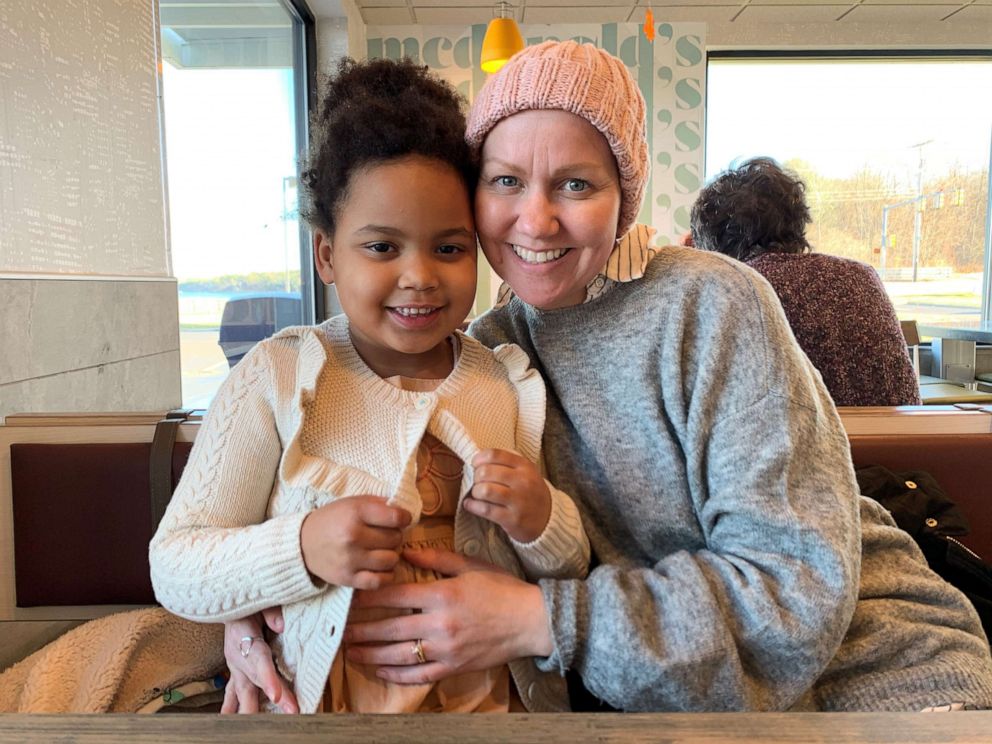
"I want women to know, especially pregnant women, that if something doesn't feel right, it probably isn't. You know your body best," she said. "I was shy to ask for certain things and I didn't know there were certain things to ask for so be educated about what you can do and what's available to you."
"I wish I had pushed more," she said. "The doctor I saw at the end [at diagnosis], who really listened to me, within two minutes he was telling me I needed an exam."
McCleary said she keeps a photograph of Ngarukiye and her young family on a wall in her office as a constant reminder of the need to raise awareness that young people, especially pregnant women, can get a disease like colorectal cancer.
"She was told it was unlikely there was something serious because she was young and pregnant, as if the body can't have two processes happening at the same time," McCleary said of Ngarukiye. "I see her family every day when I sit down to do my work because it just drives the point home that this is not some hypothetical situation. This is very, very real."
